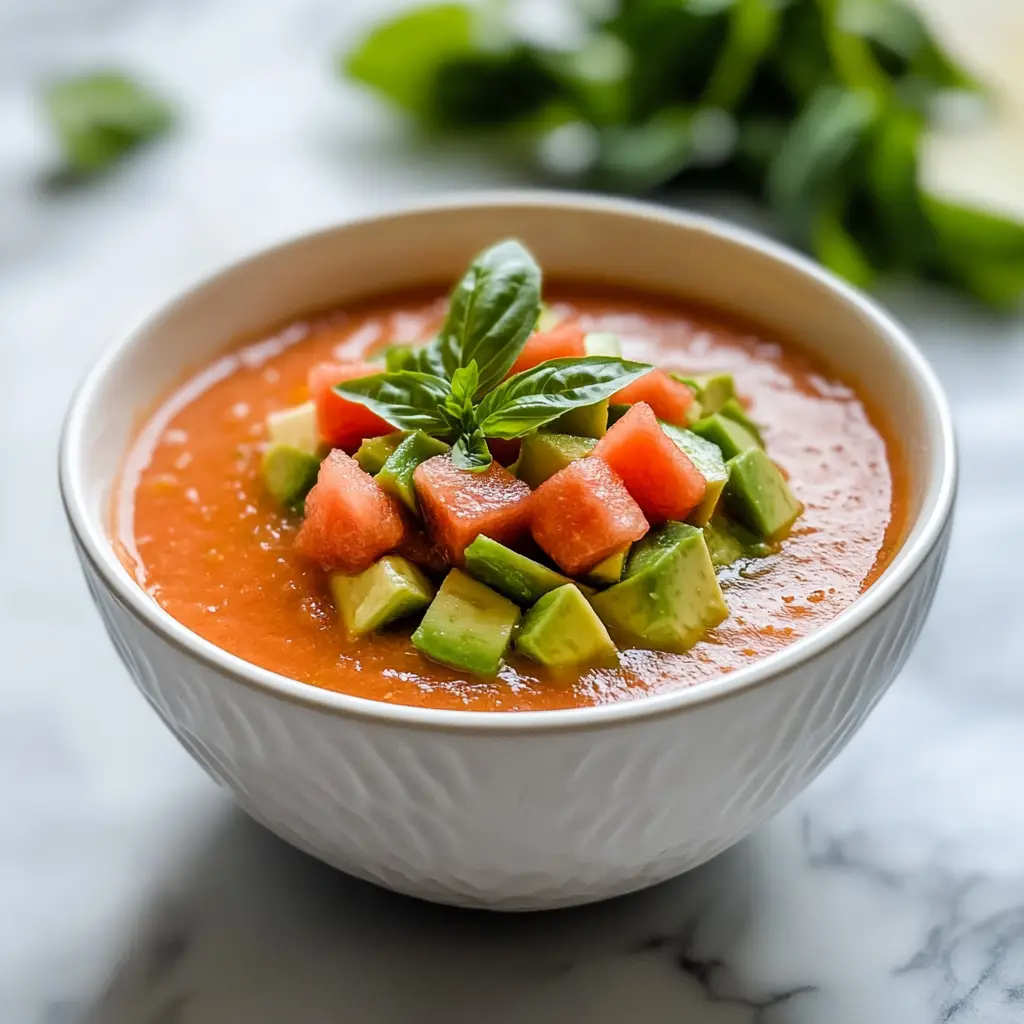Autoimmune diseases affect millions of people worldwide, wreaking havoc on the immune system and causing it to attack the body’s own tissues. While there’s no universal cure, the right dietary choices can help manage symptoms and even reverse autoimmune damage. This article explores what is the best diet to reverse autoimmune disease, backed by science and practical advice. From eliminating inflammatory foods to nourishing your gut, we’ll dive deep into dietary principles, popular approaches like the Autoimmune Protocol (AIP), and success stories that show how changing your diet can lead to remarkable transformations. Let’s get started!
Understanding Autoimmune Diseases and Diet
What Is the Best Diet to Reverse Autoimmune Disease?
Autoimmune diseases are conditions in which the immune system mistakenly attacks the body’s own cells, tissues, or organs. Examples include rheumatoid arthritis, lupus, Hashimoto’s thyroiditis, and multiple sclerosis. These diseases often cause chronic inflammation, which leads to symptoms like pain, fatigue, and organ dysfunction. The exact cause of autoimmune diseases is still unclear, but a combination of genetic, environmental, and lifestyle factors is believed to play a role.
The Role of Diet in Autoimmune Diseases
The foods we eat can significantly impact autoimmune diseases. Diet influences the immune system in several ways, including regulating inflammation and affecting gut health. Emerging research shows a strong connection between a balanced diet and reduced autoimmune symptoms.
Gut health, in particular, is critical because about 70% of the immune system resides in the gut. Poor dietary choices can lead to an imbalanced gut microbiome, which contributes to a “leaky gut.” This condition allows toxins and undigested food particles to enter the bloodstream, triggering immune responses and exacerbating autoimmune conditions.
To summarize, understanding autoimmune diseases and their relationship with diet sets the foundation for creating a plan to reverse or manage symptoms. In the following sections, we’ll explore dietary principles, popular eating plans, and practical tips for healing from the inside out.
Key Dietary Principles for Autoimmune Disease Management
Eliminating Inflammatory Foods to Reverse Autoimmune Disease
One of the most crucial steps in reversing autoimmune diseases is removing inflammatory foods from your diet. Foods like gluten, refined sugar, dairy, and processed meats can trigger an overactive immune response, worsening inflammation and autoimmune symptoms. For instance, studies show that gluten can increase intestinal permeability, commonly referred to as a “leaky gut,” in susceptible individuals. This condition often leads to a cascade of immune reactions that exacerbate autoimmune conditions.
Replacing inflammatory foods with healthier alternatives is key. Swap out processed sugars for natural sweeteners like honey or dates, and replace refined carbs with whole, nutrient-dense options such as sweet potatoes or quinoa. For more inspiration, check out these AIP diet-friendly recipes.
Emphasizing Nutrient-Dense Foods
To manage autoimmune diseases effectively, prioritize a diet rich in anti-inflammatory and nutrient-dense foods. These include:
- Leafy greens like spinach and kale, which are packed with vitamins A and C.
- Fatty fish such as salmon, mackerel, and sardines, which are rich in omega-3 fatty acids.
- Berries like blueberries and strawberries, loaded with antioxidants that reduce oxidative stress.
Eating a rainbow of fruits and vegetables ensures that your body gets the necessary vitamins, minerals, and antioxidants to strengthen immunity. Incorporate fermented foods like kimchi and yogurt to promote gut health, as a healthy microbiome plays a pivotal role in regulating the immune response.
Popular Diets for Autoimmune Disease Reversal
Autoimmune Protocol (AIP) Diet
The Autoimmune Protocol (AIP) diet is specifically designed to reduce inflammation and heal the gut. It focuses on eliminating inflammatory and potentially allergenic foods, such as grains, dairy, nuts, seeds, and legumes, and then reintroducing them slowly to identify triggers. This diet emphasizes nutrient-dense options like organ meats, wild-caught fish, and bone broth.
The AIP diet’s focus on healing the gut and reducing systemic inflammation has shown promise for those managing conditions like rheumatoid arthritis and Hashimoto’s thyroiditis. Learn more about foods allowed on the AIP diet here.
Paleo Diet for Autoimmune Diseases
The Paleo diet shares many similarities with AIP but is slightly less restrictive. It focuses on eating foods our ancestors consumed, such as grass-fed meats, seafood, vegetables, and fruits, while avoiding grains, dairy, and processed foods. The diet’s emphasis on whole, unprocessed foods helps to combat inflammation and promote gut health.
For individuals with autoimmune conditions, the Paleo diet can offer a sustainable way to manage symptoms while enjoying a wide variety of meals. The inclusion of nutrient-dense fats from avocado and olive oil further supports cellular health.
Mediterranean Diet
Renowned for its heart-health benefits, the Mediterranean diet is also a fantastic choice for managing autoimmune diseases. This diet is rich in anti-inflammatory foods such as olive oil, nuts, legumes, and whole grains. Additionally, its inclusion of lean proteins, such as fish and poultry, and an abundance of fresh vegetables helps to balance immune function.
Research has shown that the Mediterranean diet can lower levels of C-reactive protein (CRP), a marker of inflammation, making it particularly beneficial for autoimmune disease sufferers.
The Science Behind Gut Health and Autoimmune Diseases
Gut Microbiome and Immune Function
Did you know that about 70% of your immune system is housed in your gut? The gut microbiome—a community of trillions of bacteria—plays a vital role in regulating immune function. A balanced microbiome helps the body distinguish between harmful invaders and healthy tissues. However, an imbalance, known as dysbiosis, can contribute to inflammation and trigger autoimmune conditions like lupus or multiple sclerosis.
Certain foods can negatively impact gut health, such as processed foods, refined sugars, and artificial additives. On the other hand, fiber-rich vegetables, fermented foods like sauerkraut, and prebiotic-rich ingredients such as garlic and onions can nourish good bacteria.
Healing the Gut with Diet
Healing the gut is one of the best ways to reverse autoimmune diseases. By following a diet that prioritizes gut health, like the Autoimmune Protocol (AIP) or Paleo diet, you can reduce inflammation and support your immune system. Bone broth, for example, is rich in collagen and amino acids that repair the intestinal lining. Fermented foods such as kimchi and yogurt replenish beneficial bacteria, while foods high in fiber act as fuel for these microbes.
Looking for specific recipes? For more ideas on gut-healing meals, check out this AIP recipe guide.
Lifestyle Changes to Complement Dietary Adjustments
Stress Management and Autoimmune Diseases
Stress is a silent saboteur when it comes to autoimmune health. Chronic stress increases cortisol levels, which can weaken the immune system and exacerbate inflammation. Techniques such as yoga, meditation, and deep breathing can significantly lower stress levels and improve overall well-being.
Additionally, regular physical activity is beneficial. Low-impact exercises like walking or swimming not only reduce stress but also improve circulation, which helps reduce inflammation in the body.
Sleep and Autoimmune Health
Quality sleep is another crucial element of autoimmune disease management. During sleep, the body repairs tissues, balances hormones, and reduces inflammation. Lack of sleep can disrupt this process, leading to heightened autoimmune activity.
To improve sleep, establish a consistent bedtime routine, avoid caffeine late in the day, and keep electronic devices out of the bedroom. Consider adding magnesium-rich foods like almonds or bananas to your evening snacks for their natural sleep-promoting effects.
FAQs About Diet and Autoimmune Diseases
What Foods Heal Autoimmune Diseases?
Foods rich in anti-inflammatory properties are essential for healing autoimmune conditions. Examples include leafy greens, fatty fish, and brightly colored fruits like berries. Fermented foods such as kimchi and yogurt promote gut health, which plays a critical role in regulating the immune system. Additionally, herbs like turmeric and ginger are natural inflammation fighters that can be easily added to meals.
What Drink Is Good for Autoimmune Disease?
Bone broth is a standout choice for autoimmune disease sufferers. Packed with collagen and amino acids, it helps repair the gut lining and reduce inflammation. Green tea, rich in antioxidants, also provides anti-inflammatory benefits. Staying hydrated with plenty of water is essential to flush toxins and support overall bodily functions.
How Did I Cure My Autoimmune Disease Naturally?
Many individuals have reversed autoimmune symptoms by following an Autoimmune Protocol (AIP) diet, eliminating inflammatory foods, and focusing on gut health. Pairing dietary changes with stress reduction, quality sleep, and regular exercise has been shown to create remarkable improvements.
Is Egg Bad for Autoimmune Disease?
Eggs can be a trigger food for some individuals with autoimmune conditions due to their potential to cause inflammation. It’s best to eliminate them temporarily and reintroduce them cautiously to see if they provoke symptoms.
Practical Meal Plans and Recipes for Autoimmune Support

Sample 7-Day Anti-Inflammatory Meal Plan
Planning meals that align with the best diet to reverse autoimmune disease can feel overwhelming at first, but it’s simpler than you think. Here’s an example of a 7-day meal plan:
- Breakfast: Green smoothie with spinach, avocado, and almond milk.
- Lunch: Grilled salmon on a bed of arugula with olive oil and lemon.
- Dinner: Zucchini noodles with grass-fed beef and marinara sauce.
- Snacks: Fresh berries, a handful of nuts, or a slice of roasted sweet potato.
By prioritizing whole foods and avoiding processed ingredients, this plan can help manage autoimmune symptoms effectively.
Easy Recipes for Healing Autoimmune Diseases
Cooking at home allows you to control ingredients and ensure you’re eating anti-inflammatory meals. Here are a couple of simple recipe ideas:
- Turmeric Chicken Soup: Combine bone broth, shredded chicken, turmeric, garlic, and mixed vegetables for a healing, nutrient-packed dish.
- Kale and Berry Salad: Toss kale with fresh blueberries, sunflower seeds, and a light olive oil dressing for a refreshing, gut-friendly meal.

For more recipes tailored to autoimmune health, explore this AIP recipes guide.
Success Stories and Case Studies
Personal Accounts of Diet Reversing Autoimmune Symptoms
Many individuals have shared inspiring stories of how they improved or reversed autoimmune symptoms by embracing dietary changes. For example, a woman diagnosed with rheumatoid arthritis found relief through the Autoimmune Protocol (AIP) diet. By eliminating trigger foods and focusing on nutrient-dense meals, she reported reduced joint pain and regained energy within months.
Another success story involves a man with Hashimoto’s thyroiditis who adopted the Paleo diet. His focus on whole foods, healthy fats, and lean proteins not only reduced inflammation but also improved his thyroid function, allowing him to lower his medication dosage. These stories highlight the transformative potential of dietary interventions when managing autoimmune diseases.
Scientific Case Studies on the Best Diet to Reverse Autoimmune Disease
Scientific research supports these personal accounts. A study published in the journal Nutrients found that the AIP diet significantly reduced symptoms in patients with inflammatory bowel disease. Similarly, clinical trials have demonstrated the Mediterranean diet’s ability to lower inflammatory markers like C-reactive protein (CRP), benefiting conditions such as lupus and psoriasis.
While these studies are promising, it’s important to recognize that results vary. Finding what is the best diet to reverse autoimmune disease often requires a personalized approach, guided by trial and error under professional supervision.
Common Mistakes to Avoid When Changing Diets
Relying on Fad Diets Without Medical Advice
Jumping into restrictive diets without proper research or guidance can do more harm than good. Many trendy diets lack the essential nutrients needed to support overall health. For instance, eliminating entire food groups without ensuring replacements can lead to deficiencies. Always consult a healthcare professional or dietitian before making major dietary changes.
Inadequate Nutritional Intake During Elimination Phases
While elimination diets like the AIP diet are effective in identifying food triggers, they can leave gaps in your nutrition if not managed carefully. For example, cutting out grains and legumes might lower your fiber intake, leading to digestive issues. To avoid this, incorporate fiber-rich alternatives like leafy greens and root vegetables.
Lastly, patience is key. Results from dietary changes often take weeks or even months to manifest. Rushing the process or reintroducing foods too quickly can sabotage your progress. Staying consistent and working closely with a healthcare provider is crucial to finding the best diet to reverse autoimmune disease.
Final Thoughts on What Is the Best Diet to Reverse Autoimmune Disease
Reversing autoimmune disease is a journey that requires patience, dedication, and the right approach. While there is no one-size-fits-all solution, dietary changes can play a pivotal role in managing symptoms and even achieving remission. By identifying what is the best diet to reverse autoimmune disease, such as the Autoimmune Protocol (AIP), Paleo, or Mediterranean diet, you can address inflammation, heal your gut, and support overall immune health.
Equally important are lifestyle adjustments, such as managing stress, improving sleep, and incorporating gentle physical activity. Together, these strategies create a holistic approach to regaining balance in the body.
Remember, finding the right diet and lifestyle for your unique needs may take time and experimentation. Partnering with a healthcare professional or dietitian can provide the guidance you need to navigate this process successfully.
Ultimately, the key to reversing autoimmune disease lies in listening to your body and nourishing it with the right foods and habits. With consistent effort, it is possible to reduce symptoms, restore health, and embrace a more vibrant life.

















